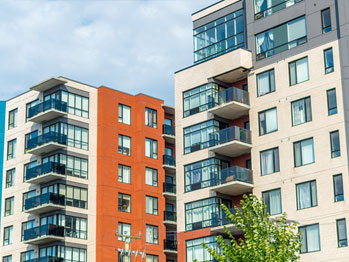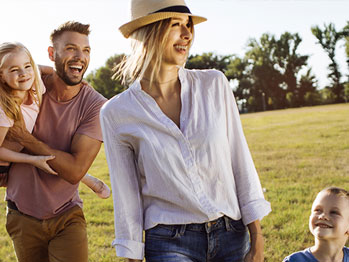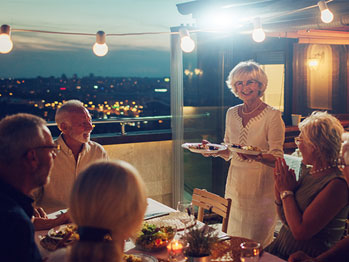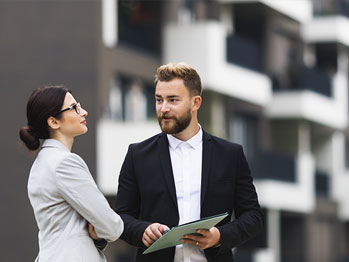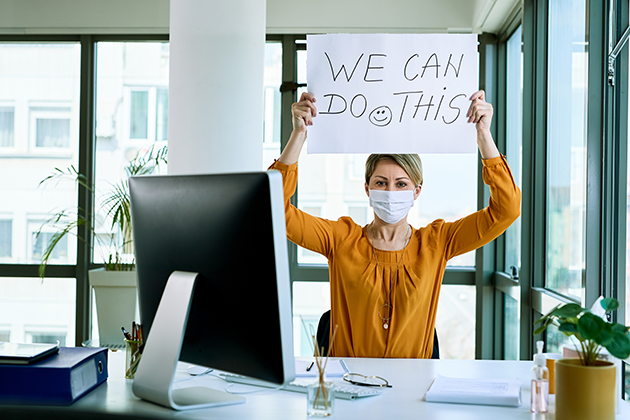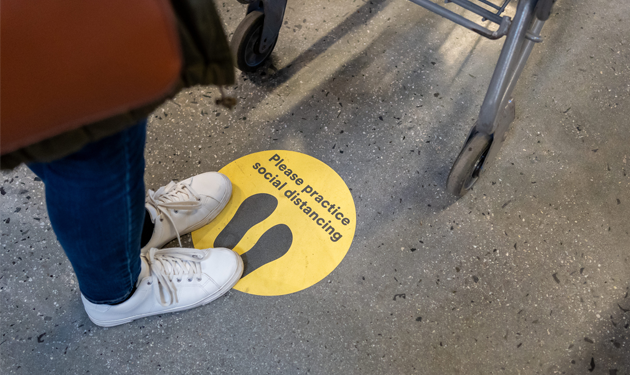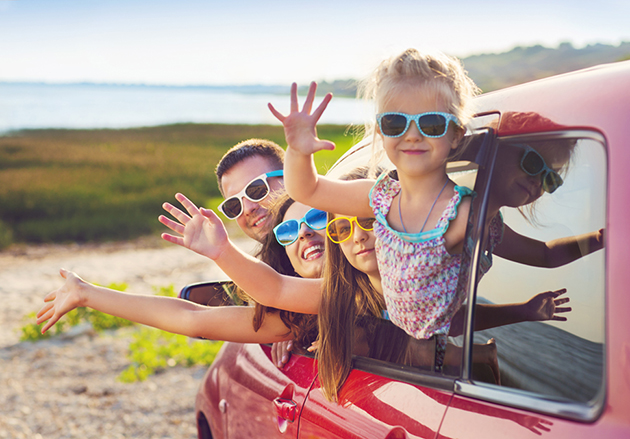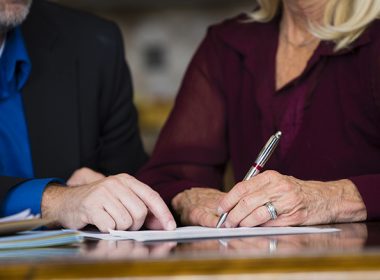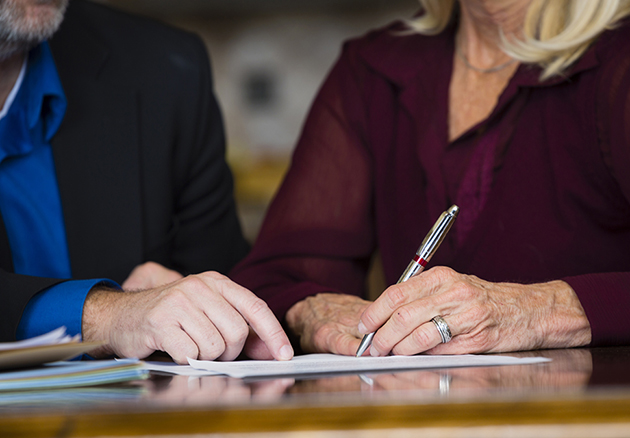
A crisis of the proportion of COVID-19 rarely happens. But when it does it brings us all together, forcing us to rely on each other in ways we have never had to previously.
Healthcare workers, largely overlooked when it comes to public praise, suddenly became the beneficiaries of cupcake and meal donations and our way of saying thank you.
Couriers, who often cop the brunt of neighbourhood scorn, found themselves enjoying a moment in the sun when praise was heaped their way as a result of their efforts braving conditions.
Closer to home we saw notes posted under our neighbours’ doors offering to help in any way we could during the height of the pandemic.
But has this pandemic, and other disasters already experienced this year, tested our values as a society?
Has it made us kinder – either to ourselves or to each other – or more tolerant of our neighbours, and will this impact last?
A group was set up on Facebook at the height of the pandemic specifically to highlight acts of kindness around the world. In the 12 weeks since it was launched it had amassed nearly half a million followers.
Every day at least a dozen individuals from around the world shared stories about how an act of kindness, typically from a stranger, has helped to restore their faith in humanity.
But not everyone feels the same way.
Disregarding physical distancing rules, or any rules for that matter, is not acceptable. And we face consequences as a result.
Interviewed on the topic by a Western Australian media outlet, Perth Catholic Archbishop Timothy Costelloe says the virus has brought out the very best and the very worst in people.
He says the attitude of those carelessly flouting the social distancing rules is in stark contrast to the countless examples of good humour, common sense and quiet acceptance of the majority who see the restrictions as the best way to care for themselves, their families and our wider society.
“The empty shelves in our shops, at least initially stripped of the necessities of life by those who had been determined to look out for themselves, with little thought for others whose need was equally great, speaks of the careless disregard for others.
“(The hoarders) are in sharp contrast with the extraordinary courage of those working in our hospitals and other health facilities, putting their own lives at risk in order to care for the sick.”
However, Harvard psychologist Dr Susan David, who also hosts a podcast called Checking In which investigates different ways of coping emotionally with the pandemic, says there is no right or wrong way to respond emotionally to a public health crisis such as this.
Dr David believes living through a crisis has the potential to change us all for the better and there is reason to believe this impact may be long lasting.
How we cope in a crisis is as personal as we are
“People who’ve gone through trauma or struggle in the way that we are experiencing now, that struggle can simultaneously be distressing, and there is enormous growth and power that can come from it.”
She says that while we all have our own habits and routines, pre-pandemic many of us were influenced by what she calls “social contagion” – the experience of ‘keeping up with the Joneses’ – and were therefore robbed of the opportunity to become self-aware of the need for change.
However now, in addition to experiencing greater levels of tolerance, empathy and personal wellbeing, those who are living introspectively through crises “recognise aspects of their life that they once thought were significant, like what they were wearing and what they were buying, now find they are actually kind of petty”.
Be kind always
It is true that nobody really ever knows how much someone else is hurting. You could be standing next to a person who is completely broken and you wouldn’t even know it.
Too often we underestimate the power of a smile, saying kind words, a listening ear, an honest compliment or the smallest of acts of kindness. These all have the potential to make a significant difference to someone’s day.
It is important to be kind, always.
